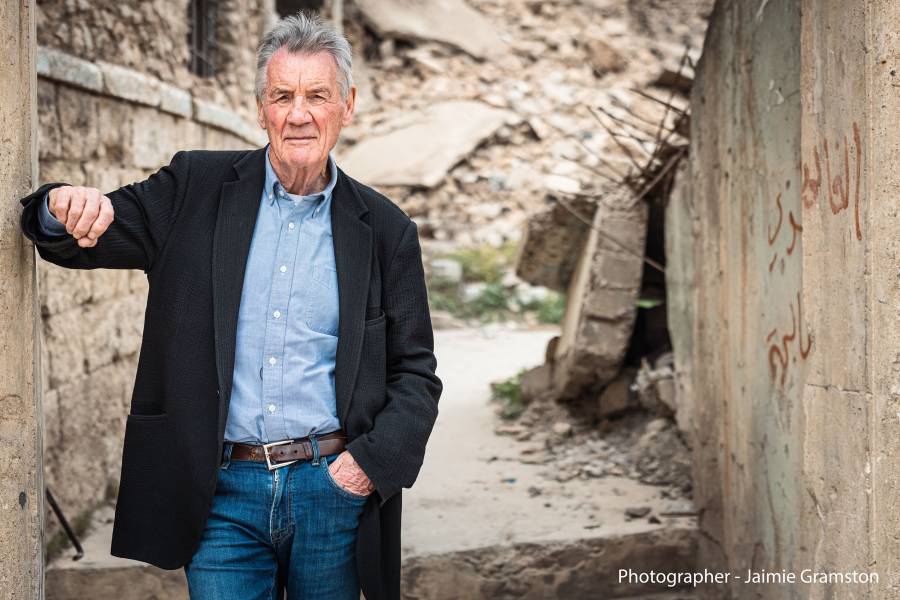
The Price (isn’t) Right
07/01/2020
If we’re to believe the headlines, the independent distributor is dead, trampled underfoot by the SVOD giants in their aggressive pursuit of world domination.
But I’m not so sure. I think there’s still a lot of life in the role of the distributor as a creative commercial partner. We just need a bit more honesty about what’s possible in today’s fractured, fragmented marketplace and a willingness to co-operate across traditional boundaries.
Orange Smarty has been in existence for six years, five of which have been dedicated to investing in the best original IP we can afford. It’s accepted now that all shows will require an advance to get involved at any level – but we need to get realistic on what value we place on this IP in the first instance if we want it to be nurtured and looked after properly. We’re not deluded about what we can and can’t achieve. We know we can’t match the commercial muscle of our bigger rivals. But businesses like ours exist — and will continue to do so — for the very good reason that we deliver long term value.
Taking the long view on an idea is not compatible with short-term thinking. It doesn’t sit comfortably on the balance sheets of companies committed to making the biggest returns in the shortest time. Big companies need to see demonstrable ROI now, not at some indefinable point in the future. Shareholders really don’t like that approach to profit.
Just look at the fanfare that accompanies the launch of a big new shows. Massive amounts of cash is splashed on marketing the first couple of series. However, if the show fails to deliver the expected returns — measured purely in financial terms — by the end of series two, chances are it’ll be cancelled. But the truth is that many great shows were slow burners, taking several seasons to catch fire. Back in the day, they were given the chance to grow into themselves and win the trust of audiences. Today, the profit imperative forbids such a luxury. The result is a lose-lose for all. Buyers don’t want a show that has been pulled after two series, and producers find themselves with a brand that’s been burned and relationships that have been soured.
We all know how much time, effort and emotion is invested in nurturing an idea from spark to screen. That process is made immeasurable easier if you are surrounded by people who love your idea and are committed to realising it.
The relentless pressure to scale up can tear the heart out of what I see as my core values as a distributor: to love what I’m selling (and to have actually watched it), to be intimately acquainted with the schedules, tastes and foibles of the broadcasters and platforms with whom I do business, and to have strong personal relationships with all my partners. With respect to some of my larger competitors, a big catalogue isn’t synonymous with better business. If you’re representing thousands of hours of programming, it’s a physical impossibility to watch every single show, never mind find the mental bandwidth to think about how best to keep each title alive, well and fulfilling its potential.
This fevered scrabble for ‘content’ — as lovingly crafted shows are now known in a market that increasingly commodifies creativity — pushes up expectations and prices for entry-level investment into projects. And it totally disregards the creative and personal investments that are so crucial to the long-term development and survival of IP. Yes, there’s an increasingly complex marketplace to navigate — but nobody understands its ins, outs and roundabouts better than independent distributors, for whom flexibility is not a corporate buzzword but the very basis of survival. We don’t have to hit targets or take orders or make money for our shareholders: we’re in the privileged position of being able to evolve alongside the market and our partners, helping not only to deliver great shows but to keep them healthy season after season.
Chasing short-term money to pay back huge advances or bring in multiple partners in an effort to raise 90% of a show’s budget is also complicated and time consuming. But most importantly, it sucks the joy out of ideas. So let’s take a moment this year to think about what’s important, partner with people we like, respect and trust, and work on long-term projects that have creative as well as commercial value. Let’s make sure that the price really is right.


